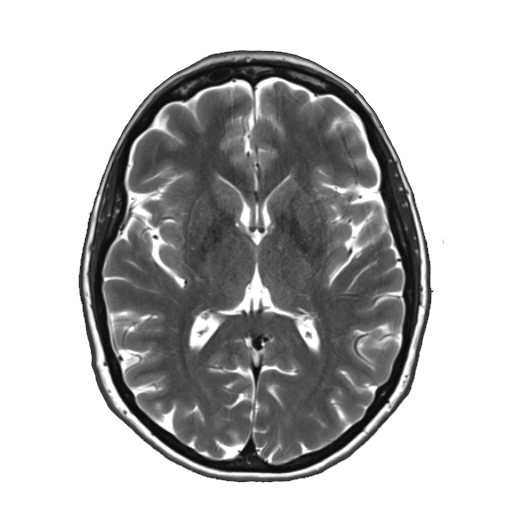The More You Know…
One in four older adults prescribed a benzodiazepine goes on to risky long-term use
A lot of attention has been given in the media about our nation’s opioid epidemic and the dangers that come with long-term use. Another type of medication commonly prescribed for older adults (65+) is benzodiazepine. This class of drugs include:

- alprazolam (Xanax, Xanax XR)
- clobazam (Onfi)
- clonazepam (Klonopin)
- clorazepate (Tranxene)
- chlordiazepoxide (Librium)
- diazepam (Valium, Diastat Acudial, Diastat)
- lorazepam (Ativan)
- temazepam (Restoril)
- triazolam (Halcion)
It may start as well-intentioned efforts to calm anxiety, improve sleep or ease depression. But prescriptions for sedatives known as benzodiazepines may lead to long-term use among one in four older adults who receive them, according to geriatric psychiatrist, Lauren Gerlach, D.O., M.Sc., at University of Michigan. Her research team examined the use of benzodiazepines, prescribed in 576 people over 65 whose prescription was provided by a primary care physician or other non-psychiatrist. Although this class of drugs is intended for short term use, they found that 25% of the participants were still using the medication daily after one year. This is despite national guidelines that discourage use of this medication for people over 65, due to the higher risk of car crashes, falls and broken hips, as well as causing other side effects.
From the study, researchers concluded that non-psychiatrists may not be aware of these guidelines, thus placing their older patients at risk. They called for better education of medical professionals regarding prescription use of benzodiazepines in patients over 65.
If you or a loved one is over 65 and taking one of the above medications consult with your doctor about continued use and safer forms of treating depression, insomnia, and/or anxiety.
If you would like to learn more, click on the article at https://www.sciencedaily.com/releases/2018/09/180910142443.htm.
NOTE: [1] Information in this article is intended only for educational purposes. To seek medical advice for yourself or another, please consult with your doctor or psychiatrist.

Leave a Reply